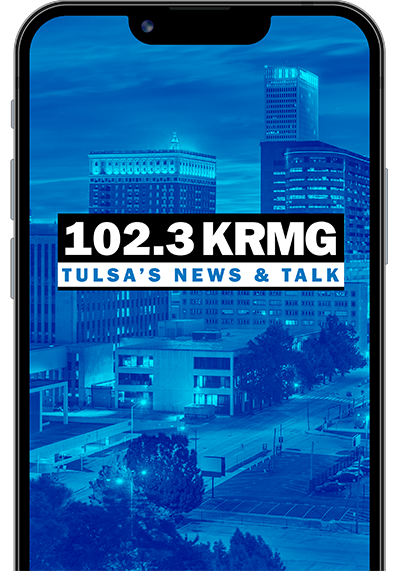A new report is shedding light on the ongoing fight against the opioid epidemic in the U.S. and its impact on older Americans in particular.
Findings from a new report by the Office of the Inspector General for the U.S. Department of Health and Human Services (HHS-OIG) found that more than one million Medicare beneficiaries had a diagnosis of opioid use disorder in 2021.
It also said more than 50,000 Medicare Part D beneficiaries experienced an opioid overdose last year.
Most Medicare recipients are over age 65, though it also provides coverage for younger people with certain health conditions.
“We have seen progress and there are some good signs but there’s a lot of concern that remains, especially around treatment,” said Miriam Anderson, a social science research analyst and subject matter expert on opioids for HHS-OIG.
The report said that despite the high number of Medicare beneficiaries being diagnosed with opioid use disorder, fewer than one in five actually received medication to treat it.
“Cleary, there’s more work that needs to be done in this area,” said Anderson. “We need to make sure individuals who have opioid use disorder can receive treatment.”
The HHS-OIG report said ensuring access to treatment is now key.
Earlier this year, a Pennsylvania man in his ‘70s testified before members of Congress about his own previous struggles with substance abuse disorder and mental health challenges.
Jim Klasen, who now works as a certified older adult peer specialist, talked about the need to inform older people about the help that’s available and to encourage them to use it.
“As an older adult though, I can relate to the reluctance, embarrassment and stigma that many do face in dealing with enclosing such challenges,” said Klasen during his testimony in May. “It is hard to talk about.”
“Stigma is a concern in this area so I would say to any Medicare patient who thinks that they might have an opioid use disorder, or to anyone who loves someone who they think might have an issue, please talk to your doctor,” said Anderson. “Medication is available. Medicare pays for that medication, and it’s been proven to work. It can help save your life.”
The report also highlights some good news.
It found the number of people on Medicare who received opioids in 2021 dropped and fewer of them are receiving high amounts of opioids.
©2022 Imagicomm Tulsa, Inc.






